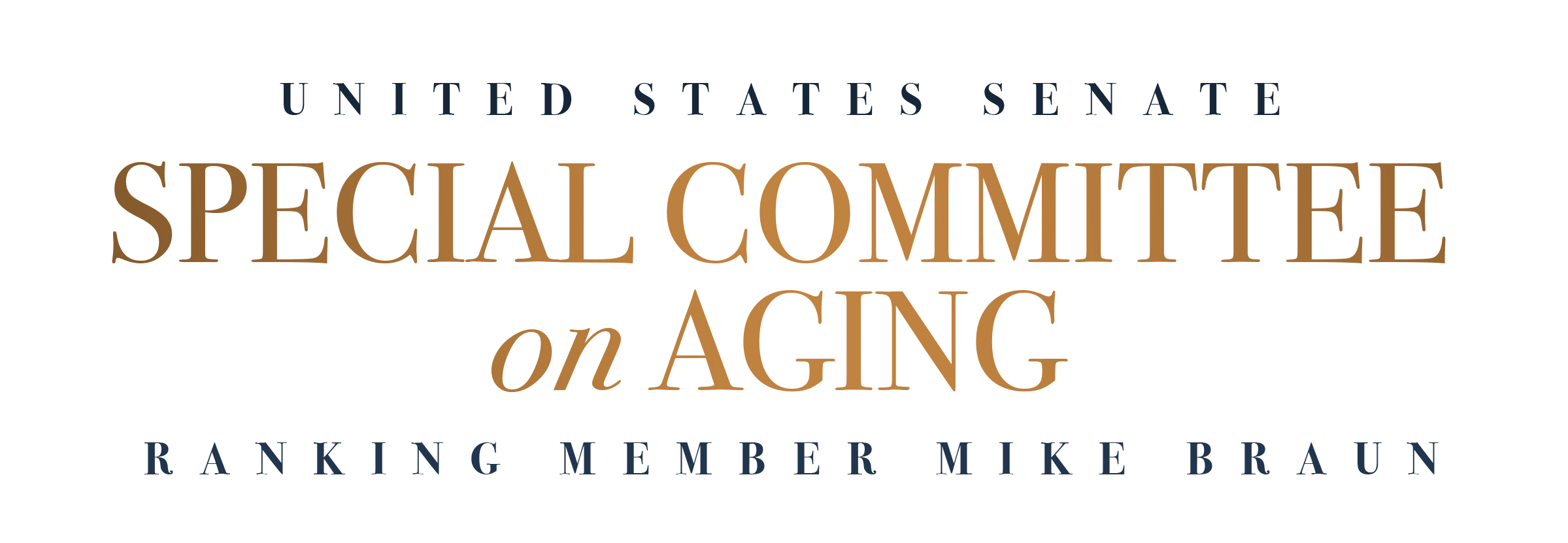Braun, R. Scott Oppose DOL Independent Contractor Rule
FOR IMMEDIATE RELEASE
January 29, 2024
Braun, R. Scott Oppose DOL Independent Contractor Rule
WASHINGTON – U.S. Senators Mike Braun and Rick Scott sent a letter to the Acting Secretary of the Department of Labor, Julie Su, sharing significant concerns with the independent contractor rule and its effect on the gig economy. Experts and stakeholders have repeatedly noted, and continue to warn, that the independent contractor (IC) rule will depress independent work through weaker and complicated guidelines for classifying independent workers as employees.
“On January 10, 2024, the Department of Labor’s (DOL) Wage and Hour Division published its final rule, ‘Employee or Independent Contractor Classification Under the Fair Labor Standards Act’,” the Senators wrote. “As members of the Senate Special Committee on Aging, we write to oppose this rule because its rigid restrictions and confusing standards will sharply curtail older Americans’ labor market opportunities, workplace flexibility, and contributions to recovery in a still-volatile economy.”
“Independent work helps older adults seeking more flexible hours, supplemented income or retirement savings, opportunities to attend to caregiving responsibilities, and the social and health benefits of continuing to work and remain active in communities. These interests and preferences have likely strengthened in recent years following pandemic-related health concerns and lockdown-induced job losses. Additionally, while older Americans should not be forced to “un-retire” because of financial difficulties, inflation has pushed many back into the labor market, and the rule will choke off the gig economy’s critical safety valve for these older workers,” the Senators continued.
“It is clear that IC rule-style restrictions have led to substantial job losses. For older Americans working as electricians, consultants, truck drivers, seasonal workers, and in other independent positions, the final rule is a significant threat to income, security, and peace of mind. We urge DOL to develop a deeper understanding of independent work’s significance to older adults, reverse the final IC rule, and return to the Trump administration’s clear and economically effective standards,” the Senators concluded.
Read the full letter here or below.
Dear Acting Secretary Su,
On January 10, 2024, the Department of Labor’s (DOL) Wage and Hour Division published its final rule, “Employee or Independent Contractor Classification Under the Fair Labor Standards Act.” As members of the Senate Special Committee on Aging, we write to oppose this rule because its rigid restrictions and confusing standards will sharply curtail older Americans’ labor market opportunities, workplace flexibility, and contributions to recovery in a still-volatile economy.
Experts and stakeholders have repeatedly noted, and continue to warn, that the independent contractor (IC) rule will depress independent work through weaker and complicated guidelines for classifying independent workers as employees. In fact, research indicates that between 58 and 87 percent of independent jobs could be eliminated by IC rule-style restrictions. There is often less recognition that older Americans will be one of the rule’s most severely impacted demographics.
At an April 2023 Aging Committee Hearing on building economic resilience for older workers, the Committee heard expert testimony on the value of flexible workplace arrangements for older Americans, and on how the then-proposed IC rule would disproportionately harm older workers who increasingly rely on flexibility and independence. This hearing highlighted that older Americans make up almost 40 percent of independent contractors, and that older workers are more likely to be independent contractors than any other cohort of workers. Independent work has become more appealing to older Americans over time as life expectancy rises and Social Security retirement ages increase. Most older Americans now say that their ideal approach to balancing work and leisure in retirement involves working in some capacity.
Independent work helps older adults seeking more flexible hours, supplemented income or retirement savings, opportunities to attend to caregiving responsibilities, and the social and health benefits of continuing to work and remain active in communities. These interests and preferences have likely strengthened in recent years following pandemic-related health concerns and lockdown-induced job losses. Additionally, while older Americans should not be forced to “un-retire” because of financial difficulties, inflation has pushed many back into the labor market, and the rule will choke off the gig economy’s critical safety valve for these older workers.
It is clear that IC rule-style restrictions have led to substantial job losses. For older Americans working as electricians, consultants, truck drivers, seasonal workers, and in other independent positions, the final rule is a significant threat to income, security, and peace of mind. We urge DOL to develop a deeper understanding of independent work’s significance to older adults, reverse the final IC rule, and return to the Trump administration’s clear and economically effective standards.
###
